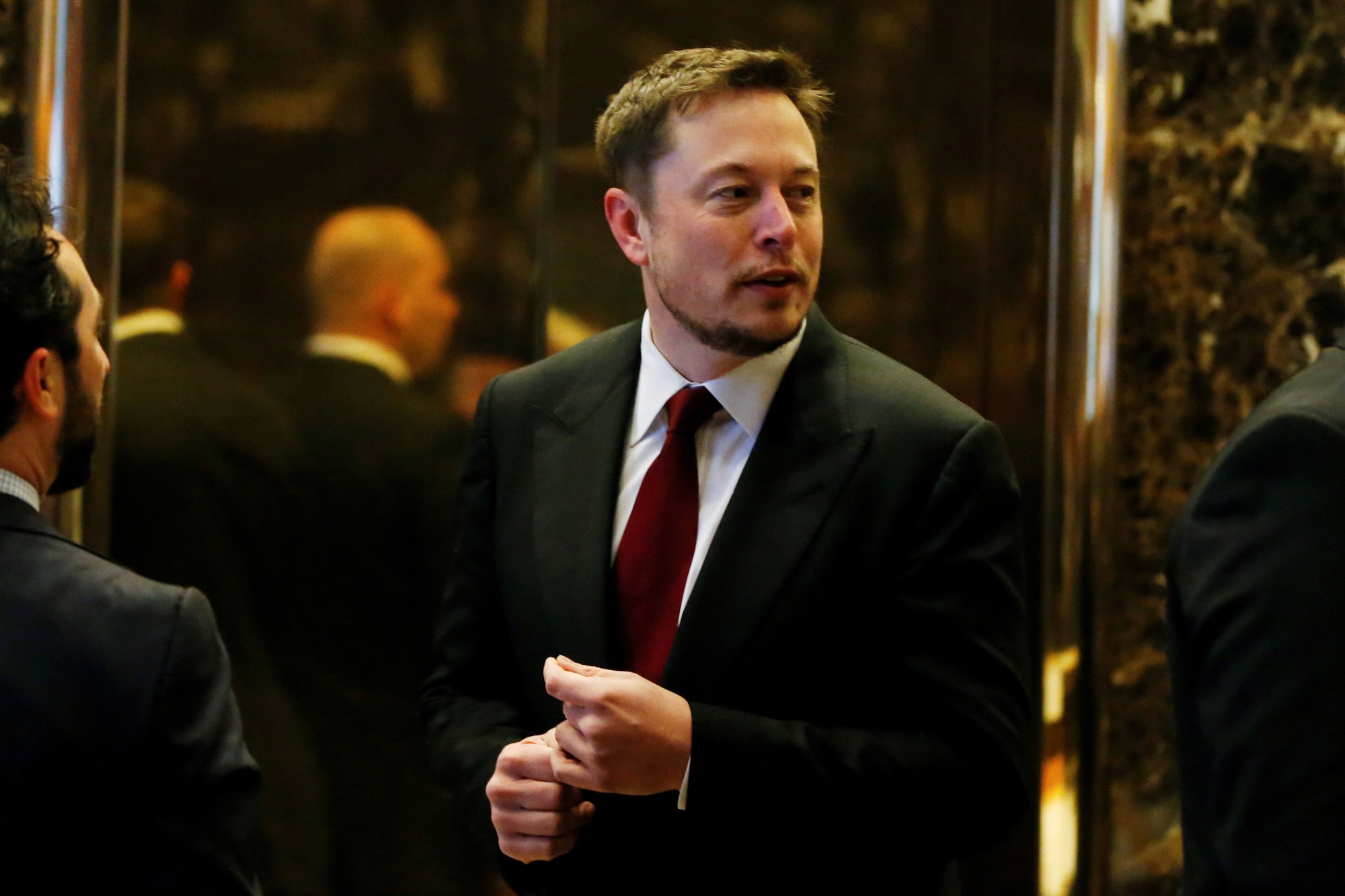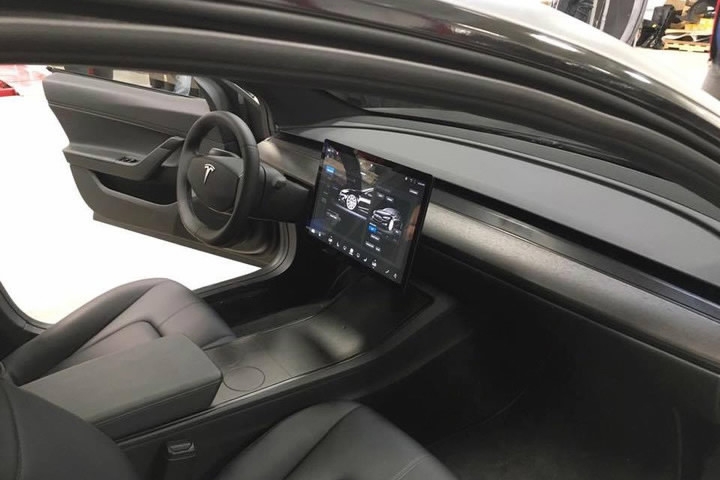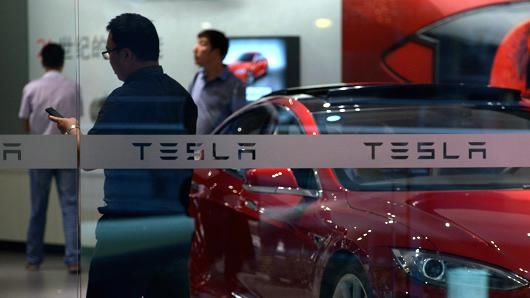Tesla on Wednesday announced plans to raise $1.15 billion in new funding to help fuel production of a mass market-targeted Model 3 electric car set for release this year.
Tesla said that it planned to offer $250 million in common stock and $750 million in convertible notes, with underwriters being given the option to buy an additional 15 percent of each offering.
Tesla co-founder and chief executive Elon Musk will take part by buying $25 million worth of the new shares, according to the California-based company.
The offerings were expected to raise about $1.15 billion for Tesla, which said it intended to use the money "to strengthen its balance sheet and further reduce any risks associated with the rapid scaling of its business due to the launch of Model 3, as well as for general corporate purposes."

Elon Musk /CFP Photo
Tesla's Model 3 was on track to begin production in July, with output gradually ramping up to 5,000 vehicles weekly by the end of this year, according to executives.
The Model 3 was designed from the outset to be more efficient to make, a move intended to avoid production stumbles.
Tesla slipped back into the red in the final three months of last year while revenue revved up, with orders for some electric car models hitting record highs, according to an earnings statement in February.
According to its latest financial report, revenue for the quarter that ended on December 31 came to $2.28 billion, a leap from the $1.22 billion taken a year ago.
The company recorded a loss of $121.3 million, compared with a profit of $22 million in the prior quarter but a loss of $320.4 in the same period a year earlier.

Model 3 /Tesla Photo
However, Tesla has recently been experiencing success in China as the spotlight is on fast-changing green car policies. The $42-billion electric carmaker unexpectedly tripled revenue last year. The company has given no explanation for the sudden turnaround, but favorable policies in key cities may be a key factor.
Earlier this month, the Palo Alto-based group revealed that its 2016 sales in China topped $1.1 billion, accounting for 15 percent of the total. Tesla doesn’t break out units by country, but JL Warren Capital estimates the automaker shipped almost 12,000 cars into China last year, nearly five times the previous year.
In 2014, Musk entered China with grand designs. The billionaire expected sales of his slick Model S sedans, which boasted superior battery technology over cheaper local models, would match those in the United States. But tepid sales, executive departures, and a slow ramp-up of retail stores and charging stations upset his aggressive plans for the world’s largest car market.

People visit a Tesla showroom in Beijing. /AFP Photo
China’s pollution problem is helping to turn things around. In congested cities like Beijing and Shanghai, drivers pay steep prices and go through a lottery or competitive auction for a new licence plate. Green cars are exempt in certain areas. In the country’s capital, 150,000 new plates were up for grabs last year; Beijing allocated 60,000 to “new energy cars” for free, double the amount in 2015. Five other cities have similar policies in place.
The risk is that Tesla’s fortunes change as quickly as China’s electric car policies. The government is phasing out generous subsidies and incentives for local carmakers from the Warren Buffet-backed BYD to the lesser-known Zotye. Likewise, cities could always choose to disqualify imported cars from its preferential licence plate treatment. Since Tesla makes all of its cars outside China, such a move could see sales fall as quickly as they have risen.
Tesla’s unique selling point in China is its premium brand. At over $100,000, the Model S has few direct peers in the electric vehicle market. As a luxury item, some customers will buy a Tesla whatever happens — but it looks like many might just be there for the free licence plate ride.
(Source: AFP, Reuters)
9554km










